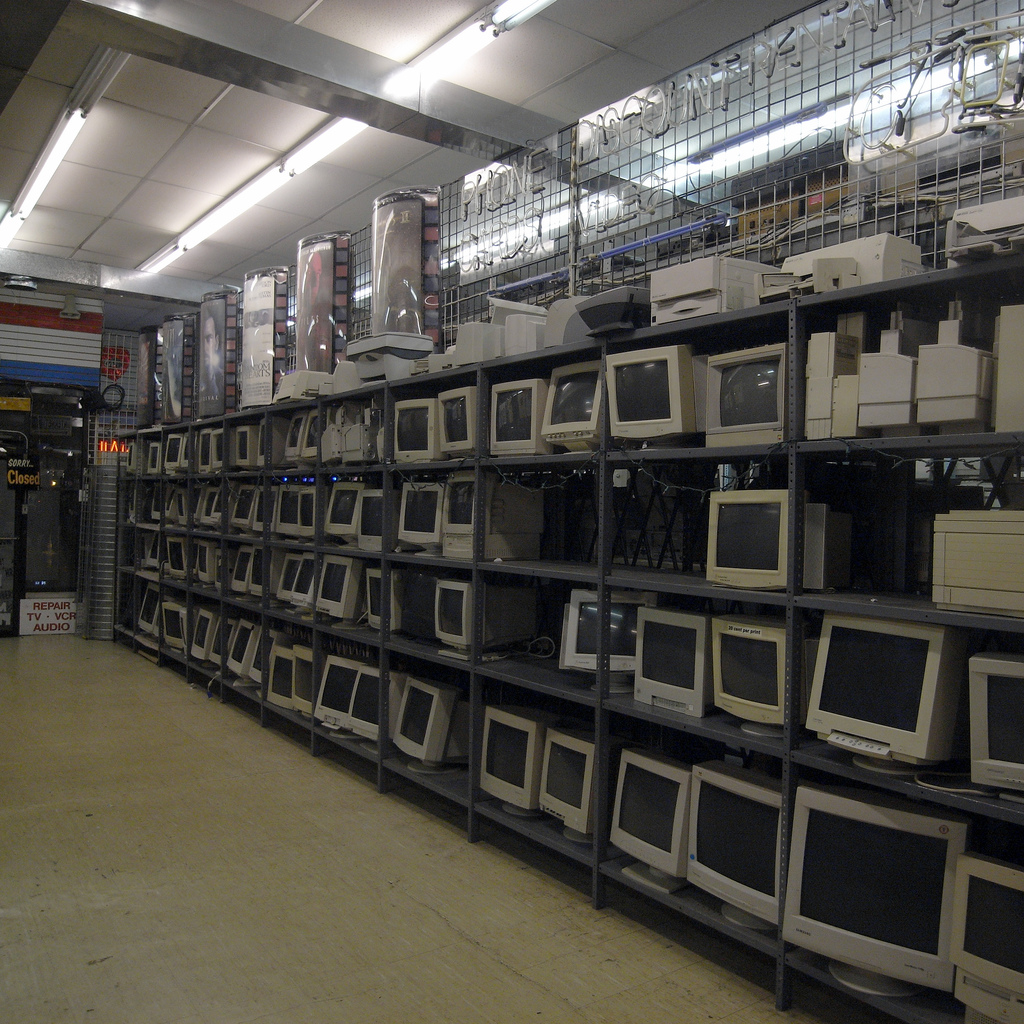The good and bad of an IT flea market

Whether companies are scaling back, shutting down or just investing in a cloud infrastructure as a way of saving money in this economy, the result has been a flea market of used IT equipment. It's driving down costs but it's also forcing the IT sector to look a lot more like the new housing and new car industries.
Consider what's happened in new housing developments in this economy. The home buyer from 2006 who paid an inflated price is now looking to get out - at a loss because the house is no longer worth what he paid. He low-balls the asking price because any prospective buyer in that development is probably also looking at the discounts that the builder is offering on a new home that still hasn't sold. So it becomes a pricing war to see who can go lower to attract the buyer. Ah! The laws of supply and demand. Same problem on the car lots, right?

Next year. as much as 14 percent of the tech sales could come from the so-called gray market, up from 8 percent last year, Yankee Group analyst Zeus Kerravala told Bloomberg. The hardest hit segment: the $25 billion market for servers and networking devices. Liquidators typically discount their equipment as much as 90 percent off retail prices, he said.
By the numbers: Bloomberg cites court filings to note that the number of businesses filing for bankruptcy was up 42 percent for the year ending in June, climbing to 33,822. At the same time, sales at Florida equipment liquidator are set to increase more than 20 percent this year, to $50 million. The amount of equipment from businesses is up as much as threefold. Most of it is fairly new, just a few years old.
It's not a new trend - some of the same things happened in the tech bust of 2001. But there's a couple of major differences between then and now. First, the economic turmoil is hitting a wide range of industries, from banks to automotive to retail. The use of technology in mainstream industries is far more common today than it was at the turn of the century - meaning there are more businesses trying to dump more equipment than before.
For a buyer. that means the best bargain may be used equipment from a fire sale instead of new equipment from the vendor. It also means we'll need to keep a closer eye on the sales figures coming from those impacted vendors.